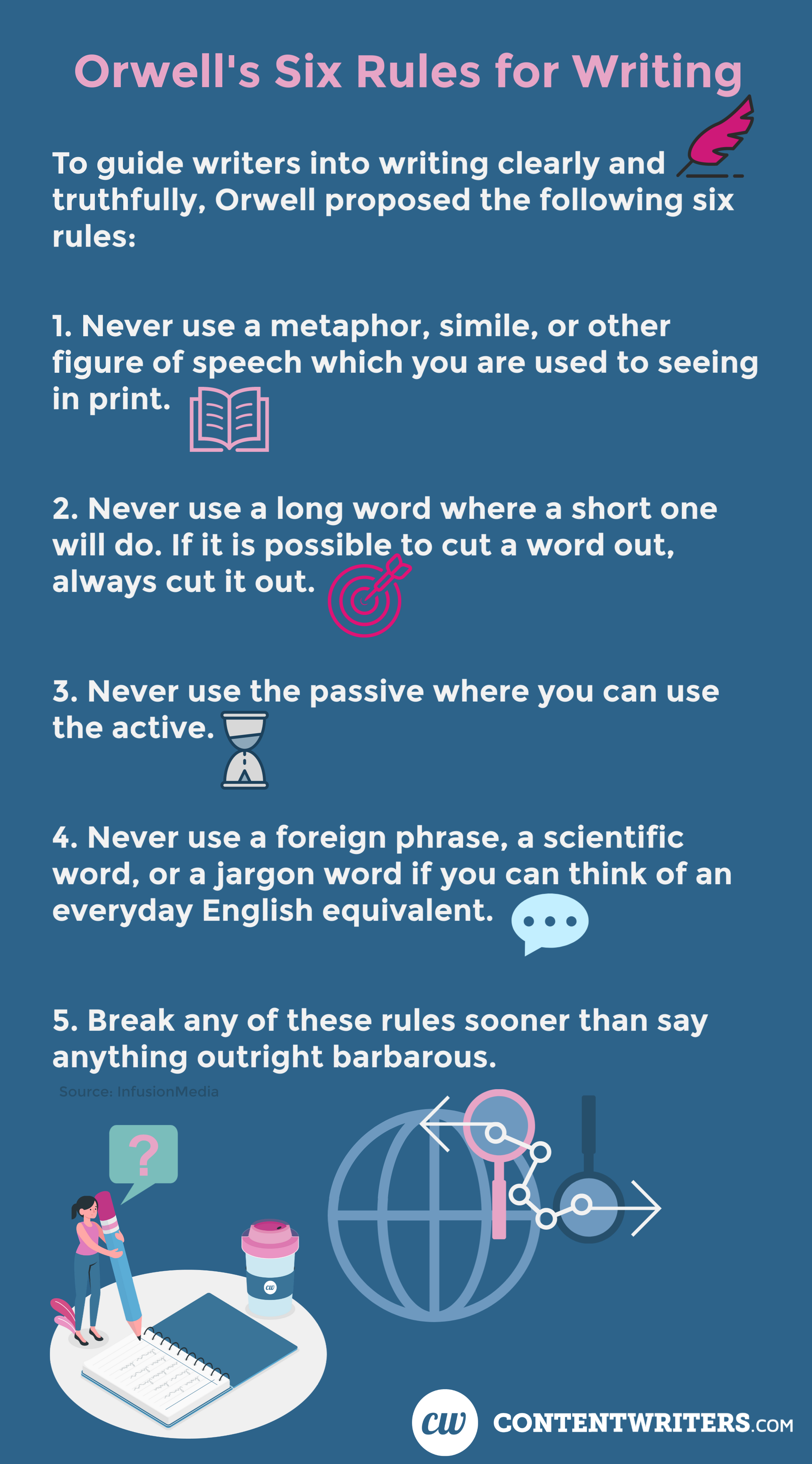
The Quick ’n’ Dirty Guide to Great Word Choice
Do you wish your words commanded more attention? Are you concerned that your words aren’t understood the way you intend? Do you feel self-conscious about your “just okay” writing chops?
I’ve found that people can solve these problems almost overnight, simply by improving their word choice. Here’s how I recommend doing that.
Step 1: Commit to clarity.
In his short but remarkable essay called “How I Write,” Nobel laureate Bertrand Russell wrote, “I do not find that I can improve a sentence when I am satisfied with what it means.”
That sentence conveys the number-one purpose of writing and, by extension, word choice: getting your point across! This means that great word choice is not about using fancy words, using a bunch of different words, or using weird words just for the heck of it. Great word choice is about making yourself clear.
My emphasis on committing to clarity stems from my personal experience as a writing coach. For most people, poor vocabulary is not the biggest hurdle. More often, people get themselves into the habit of using such complicated language that they themselves lose sight of what they’re trying to write down.
Trust me, hiding behind long words doesn’t make you seem smart. The best way to seem smart is to focus (really focus!) on being clear.

Paul Graham, a brainiac who co-founded Y Combinator, puts it neatly:
“Something comes over most people when they start writing. They write in a different language than they’d use if they were talking to a friend. The sentence structure and even the words are different. No one uses “pen” as a verb in spoken English. You’d feel like an idiot using “pen” instead of “write” in a conversation with a friend.”
I couldn’t have said it better! The first and most important step to choosing the right words is not getting distracted by the act of writing, and instead keeping your main idea in your sights, whether you’re writing product descriptions, creative fiction, or anything in between.
Step 2: Choose your rules of thumb.
One cool thing about writing in the twenty-first century is that you don’t have to figure it out by yourself. In fact, many celebrated writers have openly disclosed their personal “rules of thumb” for writing. Thanks to them, almost anyone can become a better writer within a few days by applying what they’ve already figured out.
George Orwell’s rule of thumb: Use short words.
George Orwell’s rule of thumb for word choice was, “Never use a long word when a short one will do.”
I find that even if everyone knows a long word, it still has a shorter sibling that’s clearer. It’s better to “use” than to “utilize”; a “plan” or “proposal” is better than a “proposition”; and “but” is (usually) better than “however.”
Stephen King’s rule of thumb: Beware of adverbs.
Stephen King wrote, “The road to hell is paved with adverbs.” (Adverbs describe actions, and they usually end in -ly). King even provided examples, showing what happens when you add adverbs to dialogue that doesn’t need them.
Without adverbs:
’Put it down!’ she shouted.
’Give it back,’ he pleaded, ‘it’s mine.’
’Don’t be such a fool, Jekyll,’ Utterson said.
With adverbs:
’Put it down! she shouted menacingly.
’Give it back,’ he pleaded abjectly, ‘it’s mine.’
’Don’t be such a fool, Jekyll,’ Utterson said contemptuously.
If you find yourself using a lot of adverbs, consider removing 80% of them. You might be surprised by how much more streamlined and less bulky your writing will seem.
A rule of thumb for sounding more interesting: Use sensory words.
Okay, you might be thinking, what if I’m comfortable with my overall clarity, but I feel like my writing sounds boring?
There’s a handy rule of thumb for that, too: look for words that are tied to the five senses. Research suggests that language associated with sound, taste, and touch engages different parts of the brain. I recommend finding a list of sensory words to play with while you’re writing.
Step 3: Use the best word choice tools (no, it’s not cheating).
If I asked you to multiply 183 by 46, would you use a calculator?
Most people would, and they wouldn’t consider it cheating. Yet, some people feel like using online word choice tools is cheating. I’m not sure why.
As you’re looking for the perfect word, there are some super-sophisticated tools out there, above and beyond a typical thesaurus. Use them. They can help enormously at a moment’s notice.
Here are my favorites:
- Power Thesaurus — an insanely useful tool that’s much better than an ordinary thesaurus.
- ThinkMap Visual Thesaurus — an intuitive resource for visual-spatial thinkers.
- Word lists — Marketers and bloggers have done a lot of legwork to curate highly expressive words. Here’s one list of about 600 “power words” to get you started.
Tip: Don’t edit while writing.

It’s better to revise for word choice than get stuck on a word and, as a result, lose your train of thought. The truth is, even the most experienced writers rarely pick the perfect words the first time around. So, don’t worry if you feel like you’re not hitting the bullseye in your first draft. Focus instead on getting your point across. Don’t stop to second-guess yourself. Later, you can revise each sentence to make sure you’re satisfied with what your words mean.
One way to revise for word choice is to do it based on parts of speech. I like to look for adjectives (descriptive words) and see if I can swap in better ones. For example, when describing a person, I might replace the generic adjective “nice” with “thoughtful” or “generous.” When describing an experience, I might replace “excellent” with a more specific word like “memorable” or “profound.” Also, if I find myself running into too many adjectives, I’ll nix some of them.
Another way to revise for word choice is to read your writing aloud. This might seem silly, but it works. Like, really well. I’ve found that many people “think out loud,” and speech is a great tool for calling to mind the right words to fit your ideas.
Step 4: Cultivate your personal lexicon.
Okay, this isn’t a quick tip … but it’s a great way to become a better, more engaging writer: adopt the great words you encounter in the wild.
Like a wristwatch or a distinctive haircut, your favorite words can be part of your style. You can spot potential options all over the place. When you’re watching Netflix, for instance, you’re often listening to dialogue that was written by a professional. There might be some awesome words in there—and you can use them for free! You can also discover great words through conversations, books, and articles.
In short, when someone else uses a word that appeals to you—whether aloud or in writing—welcome it into your own vocabulary. You and your writing will both benefit.
Ellen F. has eight years of experience writing and editing B2B and B2C content for a range of industries, including medicine, education, digital marketing, law, sports/outdoors, and management consulting. She has a particular knack for captivating SMB business owners with B2B content and marketing copy.





